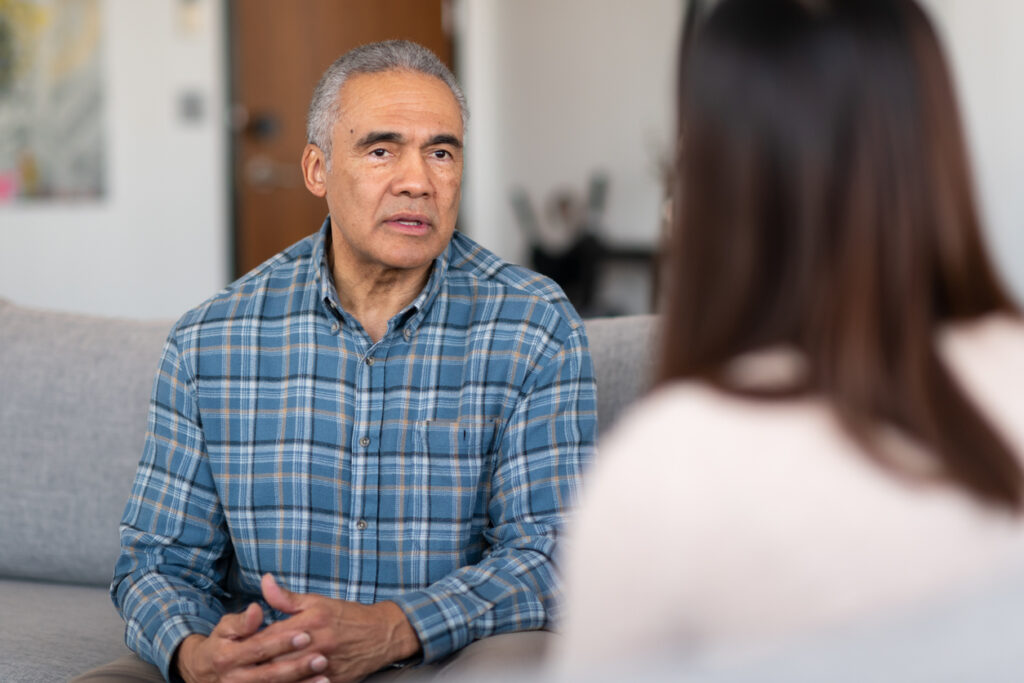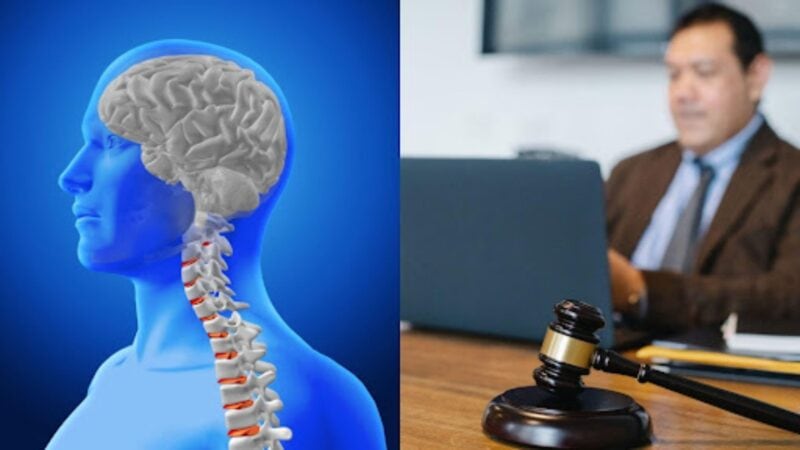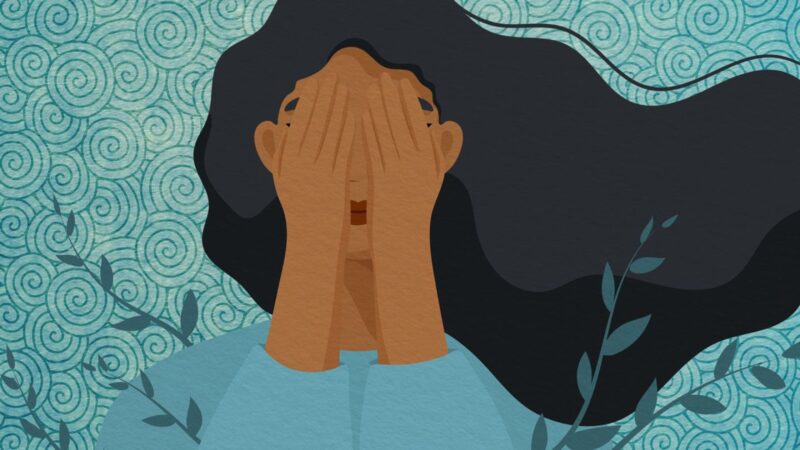How Grief Counselling Makes You Feel Better
Grief is an intense emotion that can leave you feeling crushed. Your loss can make you feel depressed and lost in daily life because humans form such strong and meaningful bonds. In fact, losing a loved one is one of the most difficult life experiences. But you can move forward with help from a qualified psychologist and through grief counselling.

What can grief counselling do for me?
Did you know that most people who receive counselling from a licensed psychologist experience improved mental health and a reduction in the symptoms of depression? By getting to know the stages of grief from your counsellor and participating in therapy, you can get in touch with thoughts, feelings and emotions. As a result, you gain improvement in other areas of life.
Taking the first step toward therapy is critical to start gaining the peace you deserve. You owe it to yourself to get back to a happier state of being by processing your loss and working through the grief. Counselling is powerful and can help you regain meaning from your daily life.

Of course, grief therapy cannot bring your lost loved one back. It does not aim to make you forget your loved one, stifle your feelings or change who you are at your core. But going through these sessions with a licensed counsellor will help you work through the natural processes of grief.
Accepting the Reality of Your Loss
Grief therapy helps you accept the reality of your recent loss, even if you feel nothing after losing your loved one. Going on with your life as if nothing happened can disconnect you from your feelings and cause bigger problems farther down the road. In grief therapy, you learn to understand your loss and how to process it in healthy ways.
Seeing Your Trauma and Dealing with It
One of the first steps in your grief therapy is identifying your traumatic experience. Maybe you witnessed your loved one’s death or the processes of dying. Perhaps seeing their lifeless body traumatized you or visiting the hospital triggered difficult feelings. By identifying these experiences and how they affected you, your grief therapist can help you move forward and fully grieve your loved one.
An Outlet for Talking About Your Loved One
For many people going through grief, it is important to acknowledge the loved one’s life by talking about them. Not having anyone who will listen to your memories can feel isolating. Your grief counsellor provides this outlet. At the same time, you can work through your symptoms from the loss without judgment or the worry of saying the wrong thing.
Experiencing and Expressing Difficult Emotions
Many people seeking grief therapy have yet to feel the intensity of their loss, whether it has been days or years since the event occurred. Others feel intensely emotional and cannot make sense of their feelings. Regardless of how you are presently handling your loss, grief therapy helps you express your emotions in a healthy way.
Working through Guilt
Guilt is common in grief, but not necessarily a healthy emotion. By holding onto guilt, you can damage your current relationships and daily life. It is important to identify your guilty feelings to avoid relationship problems, substance abuse and other negative coping mechanisms. Through grief sessions with a licensed psychologist, you work through the futile “should haves” and “shouldn’t haves” to mourn your loved one in healthier ways.
Dealing with Life Changes
Losing a loved one is a major life change. You no longer see this person or share time with them. This can cause upheaval in your daily life along with the feeling of additional losses, such as routines you spent together. Through therapy, you can examine your changes and find ways to go forward with appreciation for the time you had together.
Processing Complicated Grief
Grief is not always the same. Some people experience complex grief when their traumatic loss is not properly processed. Complicated grief occurs when someone denies their feelings or gets stuck in them. Either way, they lose connection to themselves and their surroundings. This commonly leads to negative mental health symptoms like substance abuse. Through grief therapy, you can work through your complicated grief and process it in a healthy manner.

Deepa Mahar is an independent blogger and admin of DeepAdvices who is exploring the beauty of the blog writing from a variety of subjects and books to health, science and others. She believes the blog would be helpful to the reader in the context of knowledge. She is post-graduated with a degree of Biotechnology.





